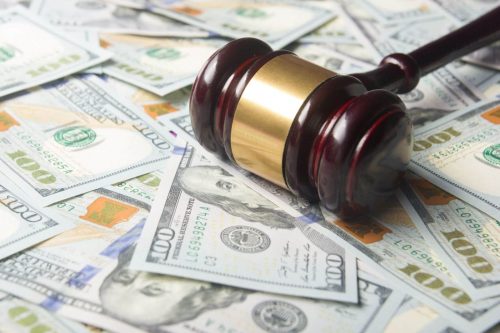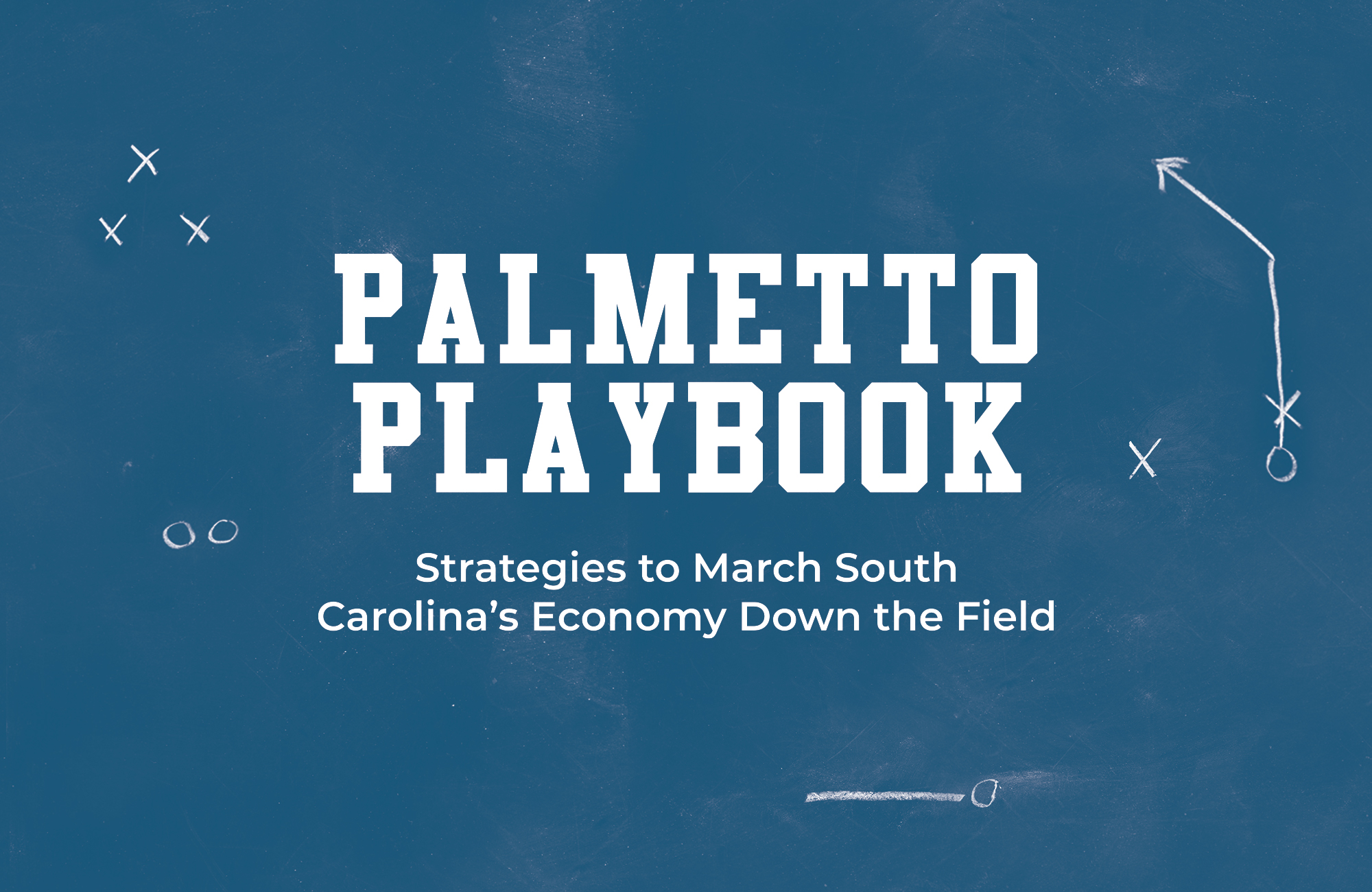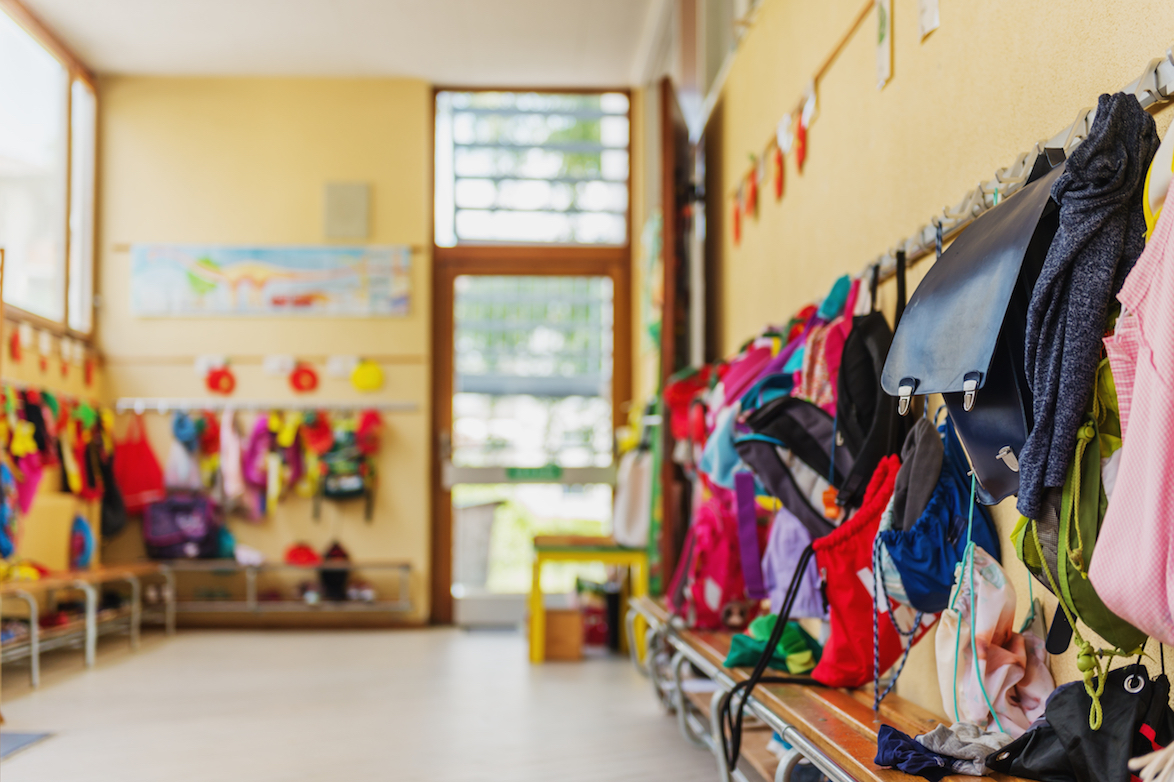Protect SC businesses and employees from predatory COVID lawsuits
Businesses in South Carolina are slowly reopening, but optimism about a post-Great Suppression economic revival is being dampened by businesses afraid of being sued into bankruptcy should someone get sick and “dial all 9’s” (or some other trial lawyer of choice). Although South Carolina’s businesses have been fighting for years to reform the tort system, the COVID-19 aftermath has created renewed urgency in order to protect businesses, manufacturers, and healthcare workers alike from the potential influx of lawsuits.
With these concerns in mind, a new COVID-19 Liability Protection Review Committee under the leadership of Rep. Tommy Pope (R-York County) met earlier this week to seek a way forward for South Carolina’s businesses in light of the potential onslaught of lawsuits related to COVID-19 exposure. Most of the discussion centered around whether new legislation to protect businesses and healthcare workers from liability is needed, and if so, what standards or definitions were necessary to ensure that the health and safety of customers and employees are also protected.
As business owners try to determine their best way forward, it’s critical that we give them confidence to resume their operations safely and in accordance with the guidelines, free from fear of unreasonable lawsuits from customers or employees.
Many South Carolina businesses are struggling to overcome financial losses from the COVID shutdown. For many of them, a lawsuit from an employee or customer would be enough to force them to close their doors forever. As long as businesses are following both state and federal guidelines in order to maintain a safe working environment, South Carolina should have their back and assure those businesses that they need not worry about potential COVID-induced litigation.
There are three sectors at high-risk for an influx of lawsuits
According to the Governor’s accelerateSC task force findings, as presented by its Chairman James Burns, the potential of lawsuits is well summarized by the American Tort Reform Association (ATRA) in a recent white paper:
- Businesses: Personal injury lawyers may file lawsuits alleging that their client was negligently exposed to COVID-19, resulting in physical maladies and emotional distress. (Look no farther than the lawsuit filed on behalf of guests on the Grand Princess Cruise ship, with each plaintiff seeking at least $1 million.)
- Healthcare Providers: Some businesses shut down to avoid liability, but healthcare workers didn’t have that luxury. Healthcare workers, who must make quick and difficult decisions about ventilators, beds, and allocation of other resources, could see their every move litigated.
- Manufacturers: A number of SC manufacturers, many of them small operations, moved quickly to ensure that our emergency personnel, and the public at-large, had access to protective equipment (PPE). The speed required leaves them open to product liability actions due to a design flaw or lack of “lawyered” warnings on product labels.
Sara Hazzard, the President and CEO of the SC Manufacturers Alliance, testified that over 2,300 COVID-related lawsuits have been filed in the United States, 19 in South Carolina. Rep. Russell Ott (D-Calhoun) noted that if a plaintiff in just one of these suits is successful, we could see an overwhelming influx of litigation in South Carolina.
Liability protection needed so folks can get back to work safely
In just a 2-month timeframe, 211,000 total South Carolinians found themselves unemployed by no fault of their own, the SC unemployment rate jumping from 2.5% to 12.1%. The total number of claims reached 540,545 as of May 28. While many of those still unemployed are currently receiving federal unemployment benefits of $600/month, that benefit ends in July and it looks unlikely to be extended. Once that benefit stops, those employees will be hoping they have a job to return to.
In Tuesday’s hearing, Ted Pitts, the President of the SC Chamber of Commerce noted the importance of liability protection for employees who need jobs when their benefits expire, “Come at the end of July, whether we want to or not, we’ve got a crisis on our hands if we don’t get people back to work. The way you get them back to work is you give employers some certainty.”
By outlining clear guidelines for businesses, we can ensure that they are taking care of their employees’ safety as well.
Rebecca Leach, the Executive Director of the SC Retail Association, noted this in her testimony: “We would be misguided in not understanding that by having this legislation, by establishing these guidelines and establishing the expectations and standard of care, it gives something for retailers and employers to reference, to use to continue to protect their employees and customers.”
What may be included in potential legislation
Although a bill has not yet been filed, there is a consensus on at least two items to include.
- Businesses not acting in good faith and not abiding by published guidelines, should not be protected from potential lawsuits. While we wish for businesses to open, we must have a safety standard for customers and employees to rely on.
- There must be a sunrise and a sunset based on the beginning of the pandemic to the end of it. (Understanding that certain businesses where large crowds gather, such as arenas, sporting venues, and concert venues may need specific attention to ensure they are not left out from a sunset clause, as they will almost certainly be the last of the businesses to reopen.)
What can be done to protect SC businesses?
As of this posting, 4 states have passed a form of immunity legislation for essential businesses and 23 states have signed executive orders on this issue. In total, 34 states are considering some form protection for businesses, whether through executive action or legislation.
Should action be needed in South Carolina, legislation would be required. The recommendation from the accelerateSC’s “Response” subcommittee stated that Governor McMaster cannot limit businesses liability through executive order. Chairman Pope and the SC COVID-19 Liability Protection Review Committee plans to provide a recommendation to the Speaker of the House and the General Assembly for needed legislation.
We know that our businesses need assurances in order for South Carolina to make a full recovery. To avoid tort liability, South Carolina must give business clear guidelines so they can re-open confidently and safely.
We will keep you updated as this issue develops over the next couple of weeks.





